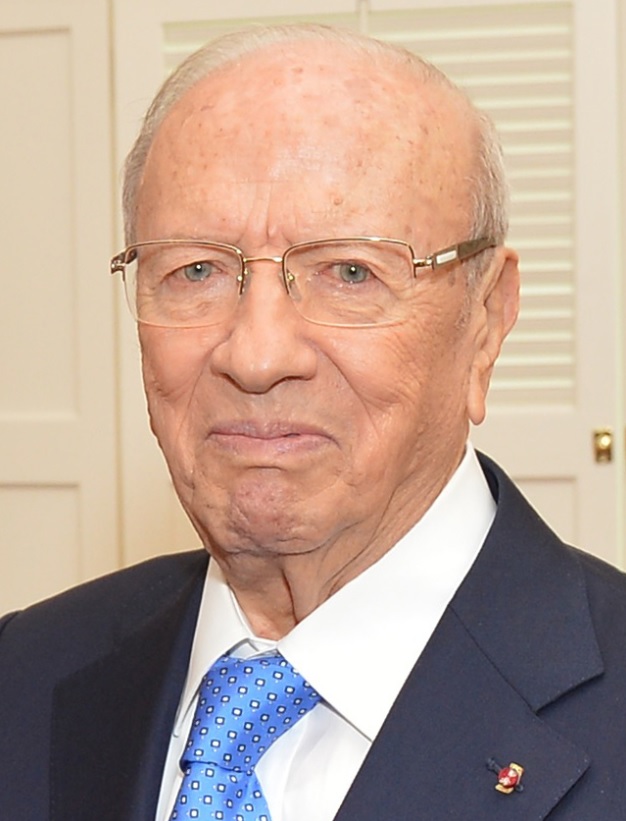Tunisian PM Chahed enters crowded race in presidential vote

- Country:
- Tunisia
Tunisian Prime Minister Youssef Chahed, leader of the secular Tahya Tounes party, on Friday, submitted his candidacy for the presidential election next month, making him a likely frontrunner in a crowded field. The Sept. 15 vote follows the death at age 92 last month of Beji Caid Essebsi, the first president to be democratically elected in Tunisia after the popular uprising of 2011.
Chahed, 44, is expected to face strong competition from former president Moncef Marzouki, Defence Minister Abdelkarim Zbidi, ex-premier Mehdi Jemaa and businessman Nabil Karoui, the owner of private Nessma TV. Abdel Fattah Morou, vice president of the moderate Islamist Ennahda party, Tunisia's largest political group, is running as well. He would be Ennahda's first presidential candidate as Islamists suffered decades of repression before 2011.
Friday was the deadline for candidacies to be filed. Tunisia’s president controls foreign and defense policy, governing alongside a prime minister chosen by parliament who has authority over domestic affairs.
"The president must have clean hands. Tunisia needs a president to challenge old mindsets and restore hope among young people," Chahed said after submitting his candidacy, with dozens of political allies, artists and other supporters on hand. The coming elections will be the third set of polls in which Tunisians have been able to vote freely since the 2011 uprising.
Tunisia was the spark of the Arab Spring revolts that toppled a number of authoritarian regimes around North Africa and the Middle East. Only in Tunisia, however, did a peaceful transition to democracy follow, but the country remains mired in an economic crisis that has bred discontent especially among young people.
Unemployment stands at about 15%, up from 12% in 2010, due to weak growth, low investment, and high inflation, which was 6.5% last month. Impatience is rising among lending institutions such as the International Monetary Fund that have helped keep Tunisia afloat and are pressing for economic reforms. The country has been hit by occasional unrest over high unemployment and by several deadly Islamist militant attacks.
(This story has not been edited by Devdiscourse staff and is auto-generated from a syndicated feed.)
ALSO READ
"No comparison between past Cong regimes and present BJP govt in Assam": AGP chief and NDA leader Atul Bora
Works of artists Bhuwal Prasad, Yashwant Singh showcased by TAQ art gallery
"100 Women Artists Use Madhubani Art to Illustrate the Epic Ramayana on Canvas"
100 Madhubani paintings by women-artists depict Ramayan on canvas
Entertainment News Roundup: 'Sunset Boulevard' and Scherzinger shine at UK's Olivier awards; SAG-AFTRA union secures AI protections for artists in deal with major record labels










